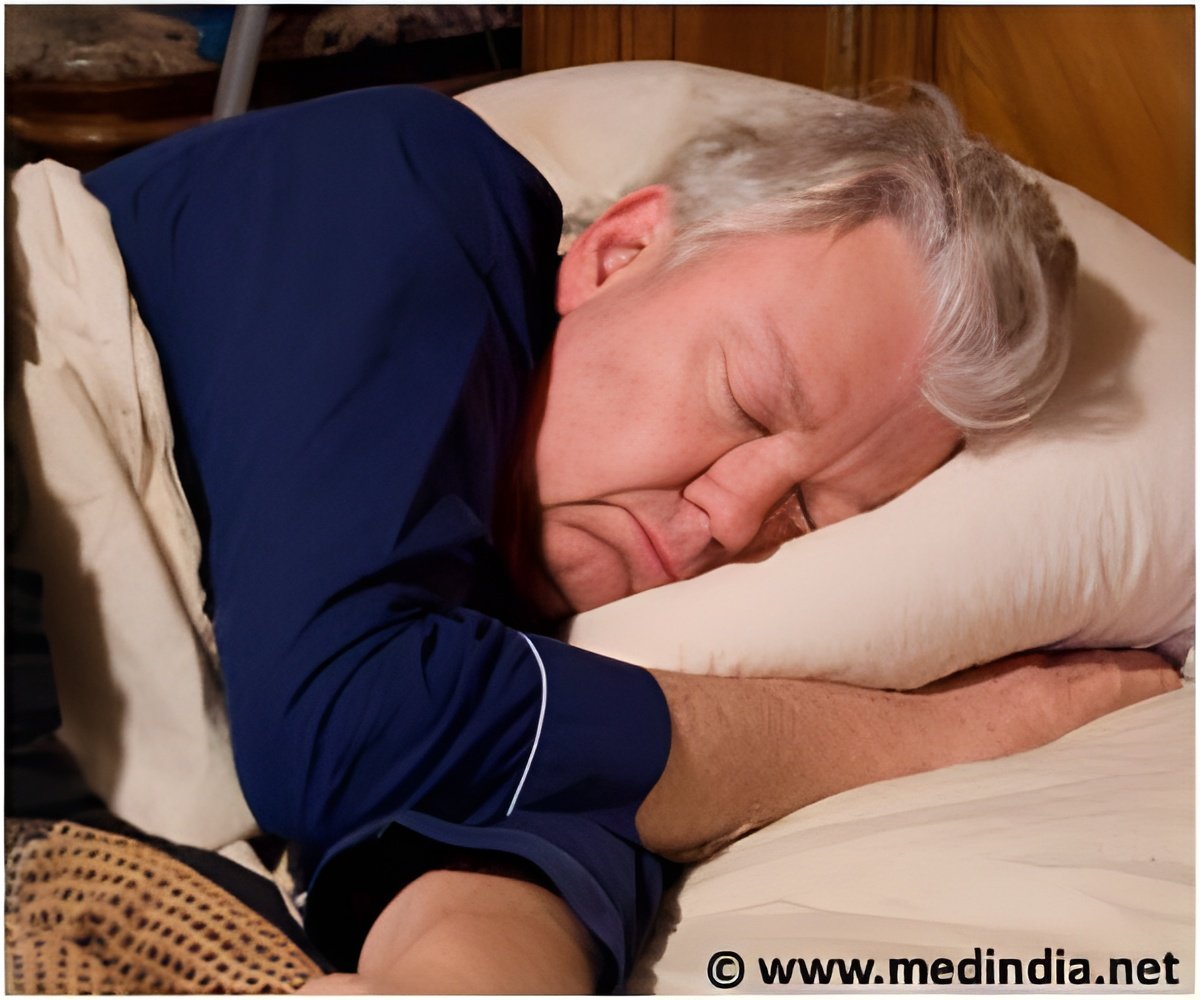A good night's sleep improves memory in people with Parkinson's disease, finds study.

Working memory is defined as the ability to temporarily store and manipulate information, rather than simply repeat it. The use of working memory is important in planning, problem solving and independent living.
The findings underline the importance of addressing sleep disorders in the care of patients with Parkinson's, and indicate that working memory capacity in patients with Parkinson's potentially can be improved with training. The results also have implications for the biology of sleep and memory.
"It was known already that sleep is beneficial for memory, but here, we've been able to analyze what aspects of sleep are required for the improvements in working memory performance," said postdoctoral fellow Michael Scullin, who is the first author of the paper.
The performance boost from sleep was linked with the amount of slow wave sleep, or the deepest stage of sleep. Several research groups have reported that slow wave sleep is important for synaptic plasticity, the ability of brain cells to reorganize and make new connections.
Sleep apnea, the disruption of sleep caused by obstruction of the airway, interfered with sleep's effects on memory. Study participants who showed signs of sleep apnea, if it was severe enough to lower their blood oxygen levels for more than five minutes, did not see a working memory test boost.
Advertisement
Participants with Parkinson's who were taking dopamine-enhancing medications saw their performance on the digit span test jump up between the fourth and fifth test. On average, they could remember one more number backwards. The ability to repeat numbers backward improved, even though the ability to repeat numbers forward did not.
Advertisement
Scullin and Bliwise are planning an expanded study of sleep and working memory, in healthy elderly people as well as patients with neurodegenerative diseases.
The results were published this week in the journal Brain.
Source-ANI















